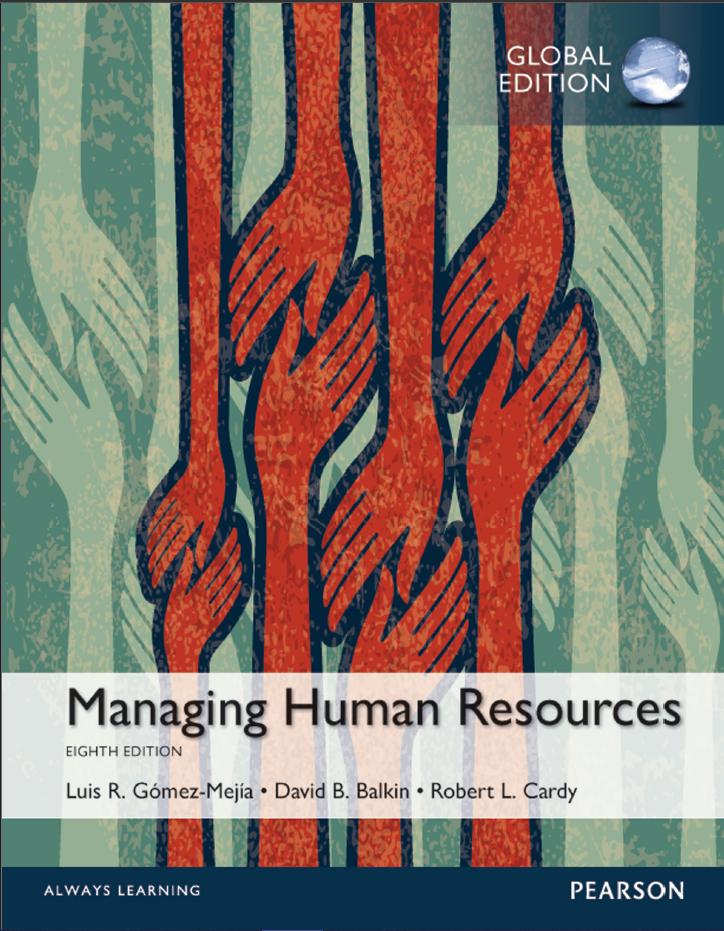What role, if any, should the HR department play in attempting to harmonize pay across a multinational
Question:
What role, if any, should the HR department play in attempting to harmonize pay across a multinational organization?
Explain.
Twenty-two out of twenty-eight governments of the European Union member states have set a minimum wage for their workers.
The aim is to guarantee the minimum level of pay they receive.
In practice, the minimum levels vary enormously and there are countless caveats, such as training status and age that mean workers rarely receive the minimum pay they are promised on paper.
Several key and long-term members of the EU do not even have minimum wage legislation at all, and this group includes Germany, Italy, and Sweden, traditionally collective bargaining has established a higher “natural” minimum wage.
For employers and HR the minimum wage presents a nightmarish situation where a multinational’s workforce across the EU can expect to receive a minimum monthly salary of $2593.35 in Luxembourg and a measly $233.55 in Bulgaria. The range of minimum wage levels varies enormously with just three countries guaranteeing over $2,000 and a total of nine with over $1,000 per month. That leaves seventeen countries (including Greece, Portugal, and Poland) where the minimum wage is significantly under $1,000 per month. The EU treaties ensure that minimum wage legislation is a sovereign-state issue. The EU does not have the power to impose minimum wages.
In the run up to the European Parliament elections in 2014, the radical left was calling for a blanket imposition of a new minimum wage based on 60 percent of the average income in each country.
Social democratic parties wanted national minimum wages to increase, but fell short of demanding an imposed minimum. Rightleaning parties were completely opposed to any discussion of widening the scope of the minimum wage. Their opinion was that the EU should have nothing to do with what they consider to be the business of a sovereign state.
So where does this leave the employer and their HR departments?
The national minimum wage certainly creates some intriguing anomalies for businesses. According to Eurostat, the statistical agency of the EU, it is cheaper to employ British workers (20.9 Euro per hour) than Spanish ones (21.1 Euro per hour).
In fact taking wages, bonuses, and non-wage costs (such as employer’s social contributions) into account, British workers are significantly cheaper to employ than many other EU countries. Like most things, the equation is much more complex once issues such as productivity are included.
Step by Step Answer:

Managing Human Resources
ISBN: 9781292097152
8th Global Edition
Authors: Luis R Gomez Mejia, David B Balkin, Robert L Cardy





